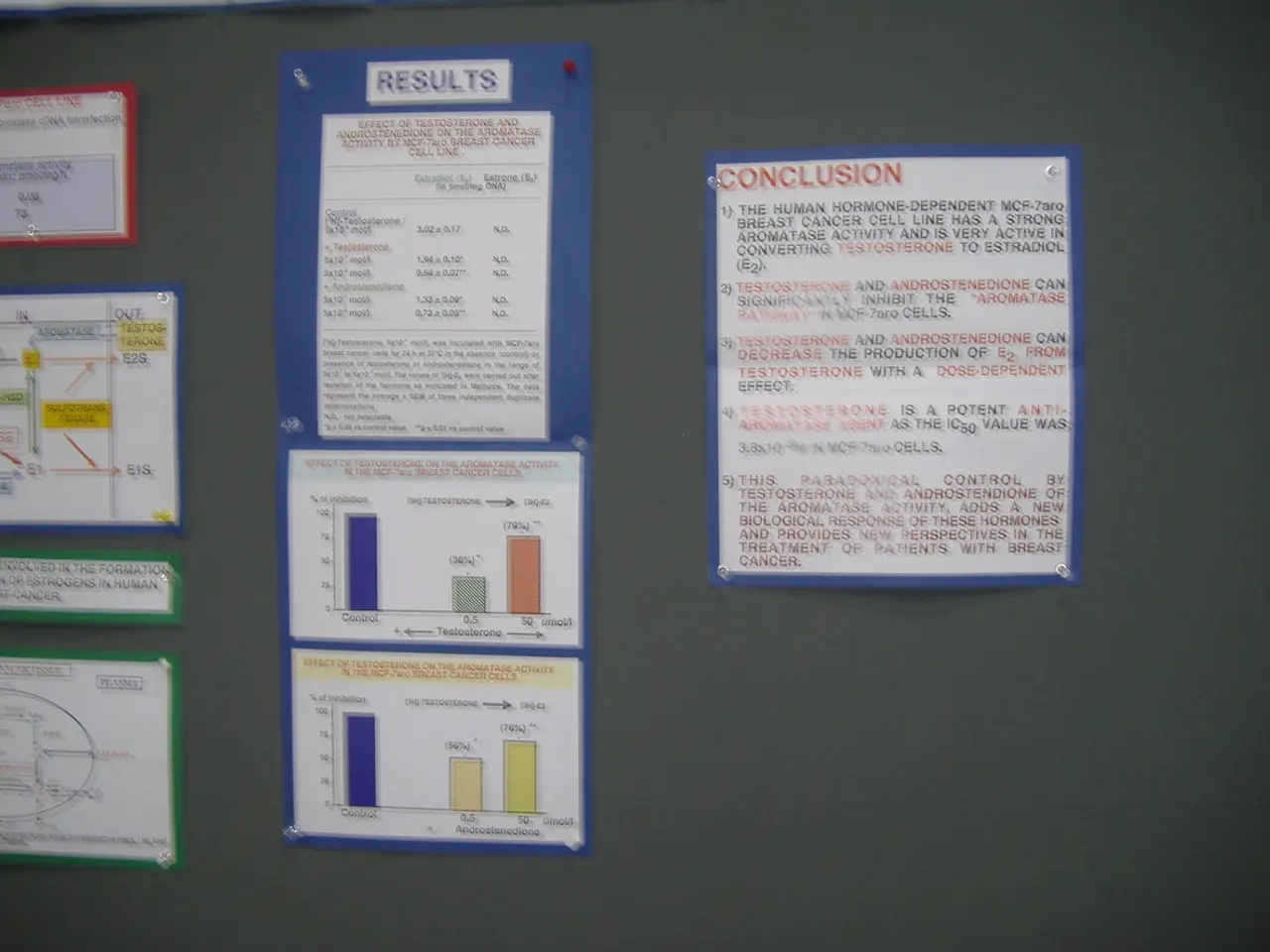Encouraging Faithful Workers with Incentives: Strategies Revealed
In today's fast-paced business world, it's more important than ever to appreciate and reward the hard work of long-serving, loyal employees. By implementing effective strategies, companies can foster a more motivated workforce, improve retention, and strengthen their reputation.
One of the most straightforward ways to recognise loyalty is by measuring time. Employees who have been with a company for several years often demonstrate a deep commitment and resilience. To show appreciation, companies can offer special privileges such as corner offices, larger desks, or designated parking spaces. Written letters from high-ranking company officials can also be a powerful way to recognise and appreciate these dedicated employees.
Loyal employees are often willing to make sacrifices for the greater good. As a token of gratitude, companies can offer simple yet effective rewards like free meals, experiences such as tickets to events, tours, spa days, or other unique experiences, or even time off. Time off can be particularly valuable, with additional paid vacation days given for each year of service.
To truly engage and motivate employees, it's essential to consider a more comprehensive approach. Personalised recognition programs, career development opportunities, flexible work arrangements, wellness programs, monetary and non-monetary rewards, profit-sharing plans, and team performance incentives are all effective strategies.
Personalised recognition, for instance, tailors rewards and recognition to individual preferences and accomplishments, increasing employees’ sense of appreciation and value. Career development opportunities, such as training, mentorship, and advancement, support employees’ growth, reinforcing loyalty and satisfaction. Flexibility in work hours and remote options helps employees balance work-life needs, leading to higher productivity and morale. Initiatives supporting physical and mental health improve overall well-being and reduce stress, enhancing job satisfaction.
Financial rewards, such as bonus schemes, profit-sharing, employee stock ownership plans (ESOPs), and referral bonuses, align employees’ interests with the company’s success, motivating commitment and performance. Public and social recognition, celebrating achievements with public acknowledgment and small symbolic gestures, strengthens the emotional bond between employer and employee.
These strategies not only acknowledge individual contributions but also foster long-term engagement, job satisfaction, and a sense of ownership in the company. By enhancing employee satisfaction, improving retention, increasing engagement and productivity, strengthening company culture, and attracting top talent, companies can reap the benefits of a loyal and motivated workforce.
A timeless and elegant gift for milestone anniversaries could be a Tissot watch, while years of service awards, such as plaques or trophies, can be given to employees for reaching major milestones. These gestures provide positive reinforcement for continued excellence and loyalty.
In conclusion, rewarding loyal employees is a strategy that can set an example for other employees, encouraging them to stay with the company. By combining both monetary and non-monetary rewards tailored to employee needs, companies can create a comprehensive incentive program that supports long-term loyalty, satisfaction, and retention.
Career development opportunities, such as training and advancement, can serve as a powerful means of appreciating and retaining loyal employees by reinforcing their growth and satisfaction. Furthermore, personalised recognition programs that tailor rewards and recognition to individual preferences and achievements can also strengthen the emotional bond between employer and employee, while encouraging continued excellence and loyalty.




